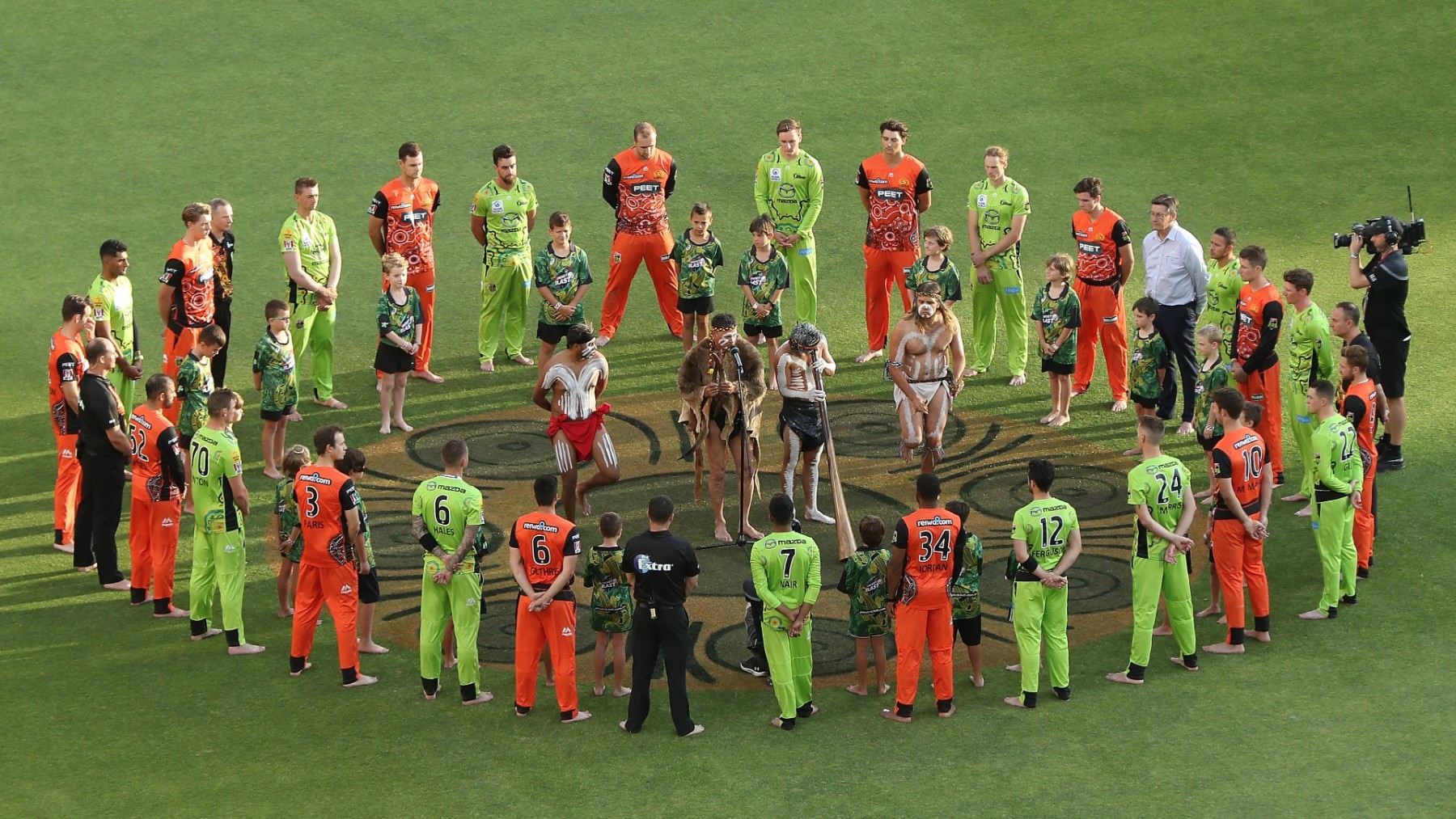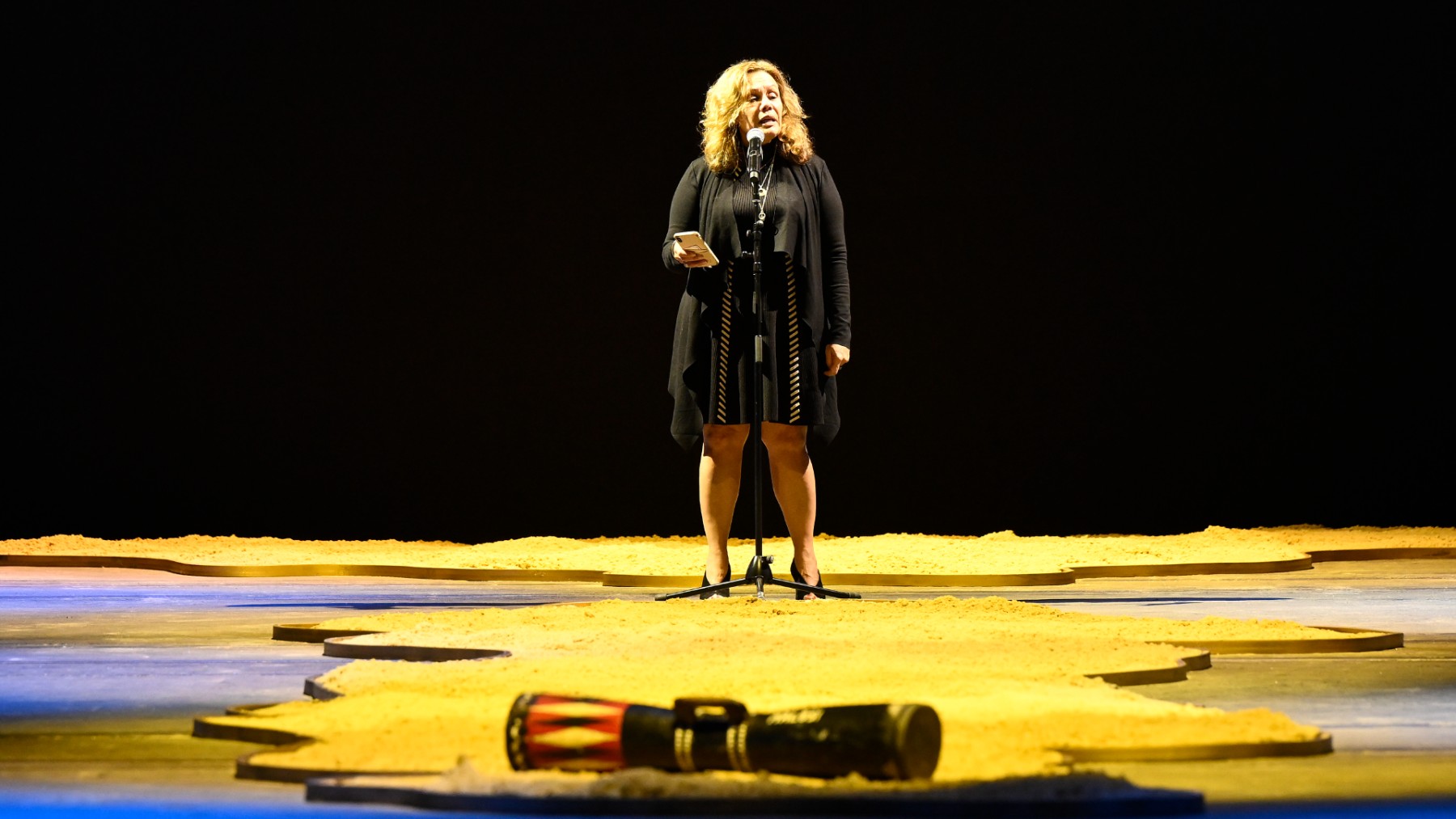What does Welcome to Country mean?
Welcome to Country #WelcometoCountry

Key Points
A Welcome to Country can be delivered as a speech, dance or smoking ceremony at the commencement of an event. The welcoming ritual is performed by the Traditional Custodians of the land on which the event takes place.
What does the Welcome mean?
Welcome to Country is about ensuring spiritual safety, says Jude Barlow, a Ngunnawal Elder from the Canberra region.
“Being welcomed to Country means that you are talking to your spiritual ancestors and you’re saying ‘Just let this person come through. We trust that they’re not going to do any harm on this Country so do not harm them’,” she says.
When I walk onto another First Nations’ Country, I look to be welcomed so I feel that the spirits are okay with me being there, because they’re still with us – they’re in the animals, they’re in the trees.
What is Country?
The term ‘Country’ represents some complex ideas. It’s used to describe land, waterways and skies, but it also embodies the idea of life, family and connection, says Jude Barlow.
“It’s the energy that I feel when I’m on Country. When I’m not here there’s something missing from my life. It’s also a connection with my ancestors because Aboriginal people have oral history, and Country contains those stories.”
Can anyone perform a Welcome to Country?
The Welcome is only performed by the Traditional Custodians of the land you are meeting on.
Welcome to Country performed at Big Bash League, Perth
Paul Kane/Getty Images
Often the Custodians have been formally recognised as a Traditional Owner group for a specific area, says Paul Paton. He is a Gunnai and Monaro man from south-east Australia and CEO of the Federation of Victorian Traditional Owner Corporations.
“Traditional Owners are connected to a particular place or Country and it’s really important that we honour that connection with that piece of land, or that cultural landscape – that enduring connection of thousands of generations,” he says.
In some parts of Australia the Traditional Custodians are well known while in others, identifying the Custodians requires some research, particularly if they have not been formally recognised.
Government organisations and local councils can often connect you with the Traditional Owners. Contacting your local Aboriginal Land Council or Aboriginal health organisation may also point you in the right direction.
Welcome to Country performed before Super Netball, Melbourne 2022
AAP Image/James Ross
Is an ‘Acknowledgement of Country’ different?
‘Acknowledgement of Country’ is also delivered at the commencement of meetings and events to pay respect. What differs is that it does not need to be delivered by a Traditional Custodian.
“An Acknowledgement of Country can be done by all of us, black and white, wherever we come from,” says SBS’ Elder in Residence, Rhoda Roberts.
“So acknowledgement is recognising that you might be working or living on a place that’s not the place you come from, but that’s okay. You still belong to it and you’re going to acknowledge and thank the Custodians and Elders.”
Preparing an Acknowledgement
There is no set wording for an Acknowledgment, so intent and sincerity are key. It’s an opportunity to speak from the heart rather than using an existing script.
Online resources are available to help you prepare your Acknowledgement.
“And do that not as a last-minute thing, not by rote, but actually plan it as part of your whole event – not just as an afterthought,” says Jude Barlow.
“That is a mark of respect.”
Acknowledgement of Country given by Aunty Yvonne Weldon during the First Nations Fashion + Design show, Sydney 2022
Stefan Gosatti/Getty Images
Be careful to name the Country you’re meeting on.
Name the Traditional Custodians if they’re formally recognised, and pay respect to the Elders past, present and emerging.
If the Traditional Owners are unclear or multiple groups have asserted an interest in a particular part of Country, it’s wise to give acknowledgement to the ‘Traditional Owners’ more generally, says Paul Paton.
“If it’s contested Country, that’s also something that needs to be acknowledged.”


